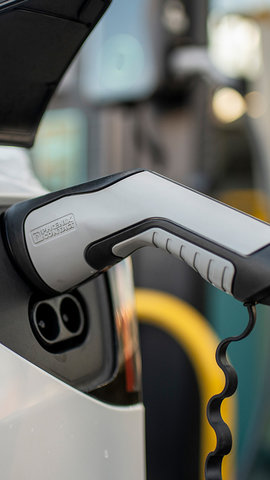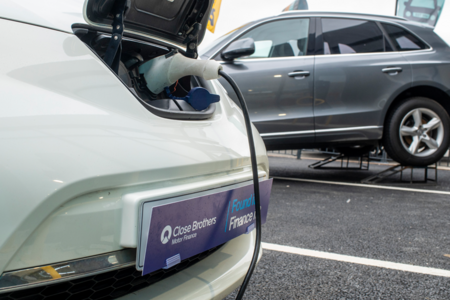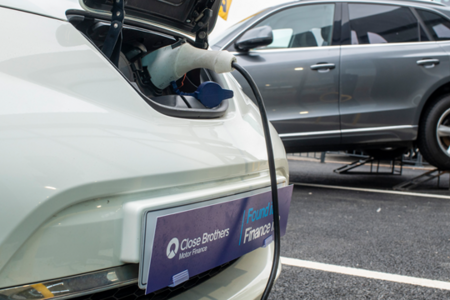A number of benefits currently in place for electric vehicle (EV) drivers are set to be taken away in 2025, which could have a significant impact on EV demand.
The proposed changes are set to heavily influence motorists’ sentiment towards EVs, according to new research from Close Brothers Motor Finance, who surveyed 500 EV drivers. Reducing costs and saving money is one of the biggest considerations for drivers looking to switch to an EV, with more than half (54%) of drivers listing this as their primary reason for making the switch in the first place. Just over a quarter (28%) of EV owners also stated that they had purchased their vehicle because of local charges, and 17% bought theirs because of an incentive such as a government grant.
At present, EV owners benefit from being exempt from London’s congestion charge, exempt from paying Vehicle Excise Duty (commonly known as road tax) and the Expensive Car Supplement, which is an additional tax applied to cars with a list price of over £40,000. However, in 2025, all of these benefits will be taken away unless the government - post the election - looks to change or reinstate the benefits.
Close Brothers Motor Finance’s research revealed that a third of EV drivers were not aware of changes to VED, and of those, a third (33%) would not have bought their vehicle had they known - this number could be higher as a further 20% were unsure. Nearly a quarter (23%) were not previously aware of changes to the expensive car supplement, with over a quarter of those (27%) stating they wouldn’t have purchased their vehicle if they had prior knowledge, whereas close to a fifth (18%) of drivers were unaware of the changes to congestion charge exemption, and more than a quarter (29%) of those stated that they would not have purchased an EV if they had known.
It is clear from the research that drivers are aware of some changes, but not all. More than two-fifths of drivers (42%) admitted they were not aware of changes to all three of the benefits previously mentioned, and one-in-seven drivers (14%) believe that there is no longer an incentive for owning an electric vehicle.
Lisa Watson, Director of Sales at Close Brothers Motor Finance, commented: “Changes to electric vehicle exemptions set to come into force in 2025 makes for negative reading for both current and prospective owners.
“The government’s current Zero Emission Vehicle mandate, which requires 22% of new cars manufactured this year to be electric, is already proving a challenge. The removal of available incentives could further dampen demand, which could cause further headaches for manufacturers. Many will feel the impacts of the changes; for example the average price of a new EV is significantly higher than the Expensive Car Supplement Threshold.The cost-of-living crisis, coupled with the fact that a majority of EV owners purchased their car to reduce costs, means the upcoming changes leave less reason for motorists to consider making the switch.
“Drivers and motor dealers will be keeping a close eye on the policies of the next government following the upcoming general election, in the hope that incentives are reintroduced to encourage wider EV adoption. Until then, dealers will be keeping a close eye on fluctuating consumer demand to ensure their forecourts are stocked appropriately.”












